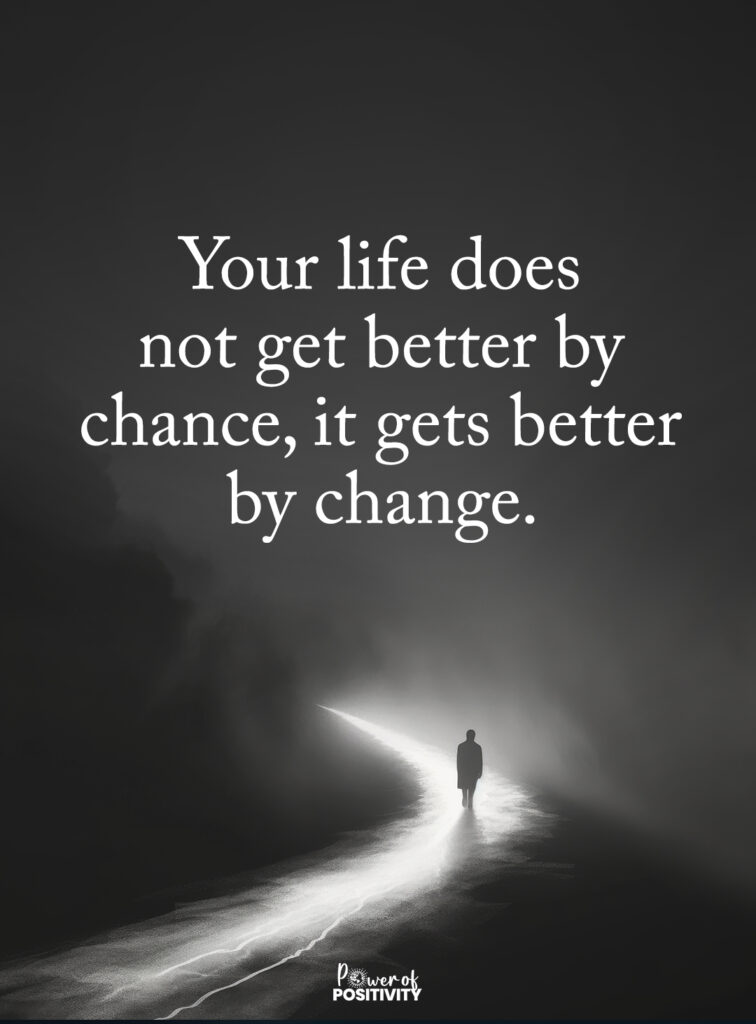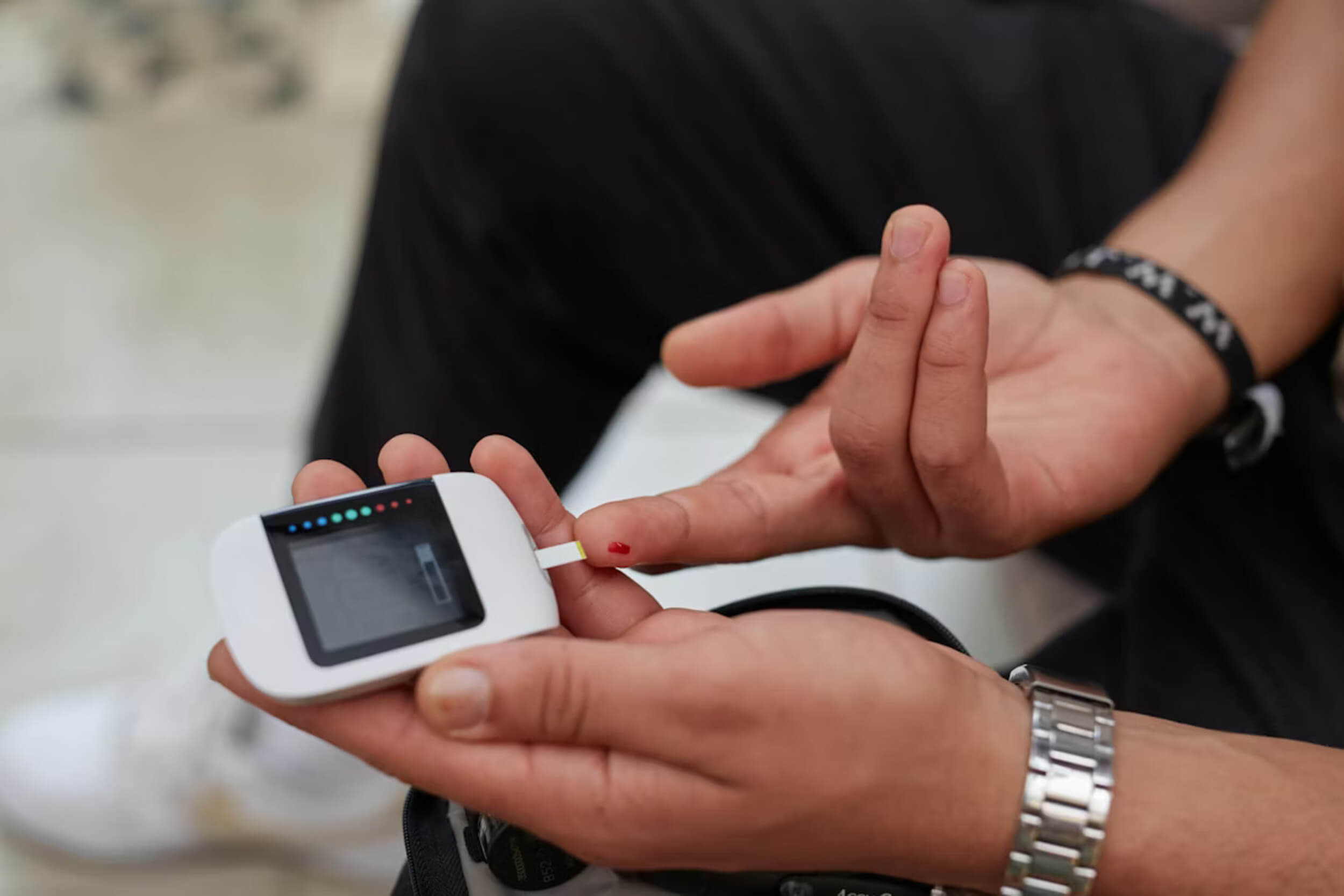Raise your voice and people call it power. But stay kind under pressure, and suddenly it’s seen as soft. That’s the twist—kindness isn’t soft. It takes more control to stay calm than it does to lash out. It takes more strength to listen than to shout.
Holding back when you’re hurt? That’s not weakness—it’s grit. Kindness means making a choice, not reacting on impulse. It means knowing you could hurt someone and choosing not to. That’s quiet power.
When the world pushes you to be cold or distant, kindness becomes something rare—and strong. It’s not just about being nice. It’s about standing steady when things get hard. Anyone can snap. Not everyone can stay kind. And that’s where the strength is.
How Kindness Demands Courage and Control
Throwing words in anger is easy. Holding them back? That’s hard. Kindness isn’t soft—it takes guts to stay calm when someone pushes your limits. It’s not about being quiet or backing down. It’s about choosing not to make things worse when you easily could.
This kind of kindness takes real control. It’s not just something you feel—it’s something you do, especially when emotions are running high.
Here’s where kindness shows true courage:
- Staying calm when you’re being insulted
- Not clapping back just to win an argument
- Stepping in when someone else is being bullied or ignored
- Letting go of the need to “get even”
- Being kind to someone who hurt you—but not letting them do it again
Every one of these moments is a choice. A brave one.
Kindness doesn’t mean letting people walk all over you. It means picking the high road when the low road looks easier. That kind of strength doesn’t shout. It shows.
7 Times Kindness Shows Up as Quiet Strength
Loud actions aren’t the only signs of strength. The quiet kind—the type that shows up in how you treat people when no one’s watching—is just as powerful. Kindness isn’t soft, and these small moments prove it.
When You Set Boundaries Without Cruelty
Saying “no” doesn’t make you rude. It means you know what’s right for you. When you speak up with kindness and still stand firm, that’s strength with heart.
When You Give Grace to People Who Don’t Deserve It
Letting go of resentment helps you more than anyone else. Instead of holding grudges, you decide not to carry more pain. That’s not weakness—it’s emotional muscle.
When You Speak Up for Someone Being Ignored or Shamed
Not everyone has the courage to step in. But you do. Even one kind word can make someone feel less alone. And that changes more than you think.
When You Stay Kind Under Pressure
Stress brings out the worst in people—but it doesn’t have to. Holding onto your patience during long lines, traffic, or arguments shows that kindness isn’t soft, even when everything feels tense.
When You Help Without Needing Credit
You’re not doing it for a thank-you. You’re doing it because it’s the right thing. Quiet help is often the strongest kind—it shows you care without needing a spotlight.
When You Choose Patience Over Immediate Results
Waiting isn’t easy, especially when you want answers now. Slowing down and staying kind while things take time proves that kindness isn’t soft—it’s steady.
When You Apologize First
Taking the first step to make peace doesn’t mean you lost—it means you cared more about fixing the moment than protecting your pride. That’s what strong looks like.
Why We’re Wired for Kindness—and How That Makes Us Stronger
Helping others isn’t something we had to learn—it’s something built into us. Long ago, people who shared food, protected one another, and worked together had better chances of staying alive. That instinct didn’t fade. It grew stronger, and it’s still with us today.
Kindness feels good because the brain rewards it. Chemicals like oxytocin and serotonin get released when we do something kind. It’s our body’s way of saying, “That mattered.”
Kindness isn’t soft—it’s smart. It connects people. It builds trust. And it helps us feel less alone in the world.
Here’s how kindness makes us stronger as humans:
- It strengthens relationships and bonds
- It lowers stress and supports good health
- It encourages cooperation, which helps communities thrive
- It reduces anxiety and boosts mood
- It creates safety in a world that often feels cold
We’re wired this way for a reason. It’s not about being nice just to be liked. It’s about survival, strength, and support. And that’s proof that kindness isn’t soft—it’s powerful by nature.
Kindness Doesn’t Mean Tolerating Everything
Backing down isn’t always kind. Letting someone keep hurting you isn’t either. True kindness makes room for you, too.
Being kind doesn’t mean you have to stay silent when something feels wrong. It doesn’t mean you should keep giving to people who keep taking. Kindness isn’t soft, and it isn’t about being used.
There’s strength in knowing your limits—and speaking them out loud.
Here are times when kindness means drawing a line:
- You leave a toxic situation without guilt
- You say “no” with respect and don’t back down
- You protect your peace without being harsh
- You give second chances, but not endless ones
- You stay calm while standing your ground
Choosing kindness doesn’t mean you accept poor treatment. It means you respond with care and clarity. You can be kind and still walk away. That’s not cold. That’s courage.
Final Thoughts on Why Kindness Is Strength, Not Softness
Notice what happens when tempers flare but you stay calm. The room settles, voices lower, and solutions show up. That shift isn’t magic; it’s strength dressed as kindness. Responding with care when frustration spikes takes guts, focus, and self-control. Anyone can push back harder; few can hold steady long enough to guide things forward. Kindness Isn’t Soft because it calls for a cool head and a warm heart at the same time, and balancing those two is tougher than swinging to either extreme.
Real power shows in smaller choices: the apology you offer first, the boundary you set without anger, the stranger you help when no one is looking. Those moments build trust, heal tension, and spark change faster than any loud speech. They prove that courage can be gentle and still move mountains. Every act plants a seed others often copy for better days. As leaders, partners, friends, and neighbors, we don’t need bigger muscles or sharper words—we need steady hands and kinder voices. Let’s use them, because that’s the kind of strength our world can’t get enough of.















